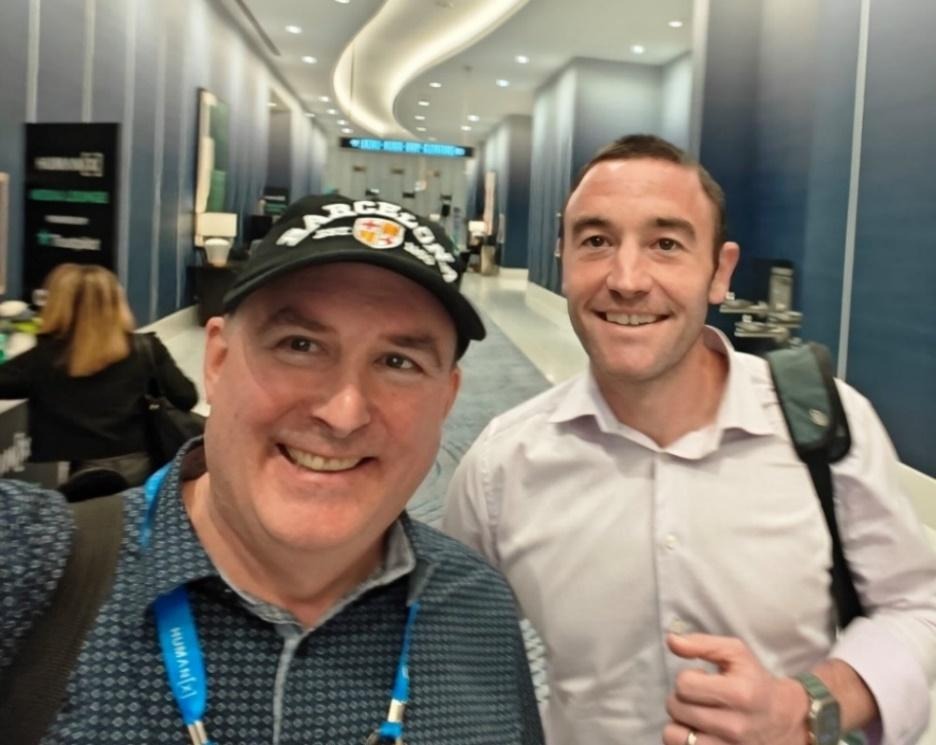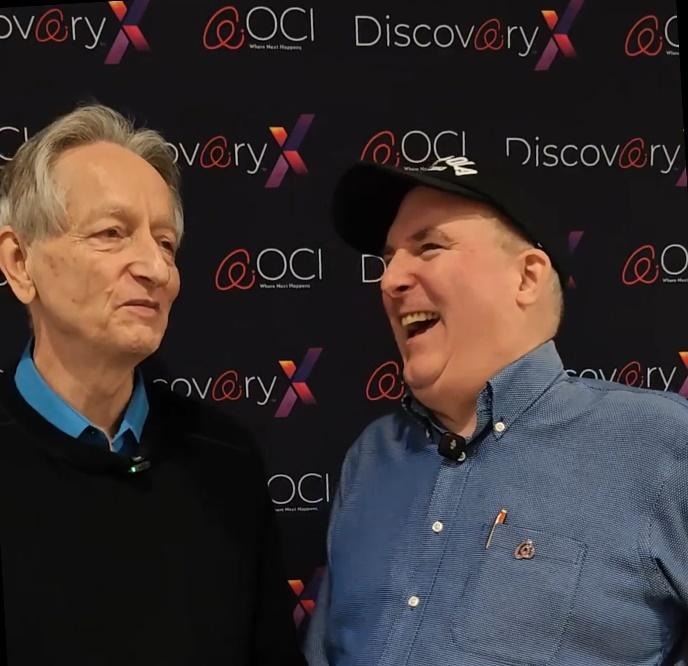
Personalized, AI-driven tutoring is poised to revolutionize education. Individualized learning consistently delivers significantly better student outcomes than traditional one-size-fits-all methods.
At an AI conference in March 2025, I attended a session with Kevin Weil, Chief Product Officer (CPO) of OpenAI. When asked what excites him most about the future of AI, his answer was clear: personalized tutoring.
Weil cited studies showing that students with a personal tutor will be able to achieve 100 times better learning outcomes than those relying solely on traditional classroom methods. He believes this vision could become reality by 2030.

Weil’s optimism is grounded in the rapidly falling cost of OpenAI’s models—dropping by a factor of ten every year. In 2025, just two years after ChatGPT entered the public spotlight, the models are not only better, but 100 times cheaper. By the end of 2026, they’ll be 1,000 times cheaper than in 2022. This drastic cost reduction is unlocking entirely new applications—ones that were previously financially unfeasible—much sooner than most people realize.
AI is arguably the greatest learning tool in human history. Take Python, the world’s most popular programming language. Traditionally, you’d spend anywhere from $3,000 to $15,000 to learn it through a college course or continuing education program. Or, you could open ChatGPT and simply ask: “What is the first thing I need to learn to start learning Python?” ChatGPT will teach you—on demand, at your own pace, in real time—for free.
In March 2025, I interviewed Geoffrey Hinton, the 2024 Nobel Laureate often referred to as the "Godfather of AI." I asked him about Weil’s vision of AI improving student outcomes a hundredfold by 2030. Hinton thought Weil was overly optimistic, suggesting instead that we could expect a fourfold improvement. The key difference? Hinton was referring to current results, while Weil was envisioning future potential. Either way, the message is clear: personalized AI tutoring can dramatically improve learning outcomes. That’s why it’s so puzzling that some schools and universities are still banning the use of AI.

The case for AI tutors is compelling. Personalized instruction can adapt to individual learning styles, helping each student learn in the way that works best for them.
Adeel Khan is the founder of Magic School. It’s an AI startup with the mission of make teachers’ lives easier and improve student outcomes by giving educators powerful, safe AI tools. I met him at Web Summit in Vancouver and interviewed him about his startup’s successes.
A teacher in Denver implemented Magic School’s tool for improving writing in his class. The teacher uploaded the rubric for that state-wide exam (a rubric is the way a student’s work is graded). The tool gave student immediate feedback every day on their writing skills, each day focusing on a different part of the rubric. The students had a 28% increase on the statewide testing. It’s important to note that the teacher had no special training, the school board didn’t promote this initiative. So what could be achieved with a concerted, systematic approach?
Adeel himself used to be a teacher. He had 140 students across fiver periods every day. He pointed out that a single teacher can’t give individualized feedback to every student every day on their writing skills, but an AI can.
“To learn a language, you need to speak it.”
English is a mandatory subject in schools across the globe, but teacher shortages persist. Conversational AI tutors designed for children could provide scalable, affordable support—anytime, anywhere.
Two Techniques: Stacking & Simplifying
One CEO client of mine shared how his so
n, a university student, is using Otter.ai to transcribe all his lectures. When he encounters something he doesn’t understand, he pastes the transcript into ChatGPT and uses prompts like:
I call this “stacking”—taking the output from one AI tool (Otter.ai) and feeding it into another (ChatGPT).
I’ve been a professional speaker for 35 years. At major high-end conferences, real-time translation was once an expensive luxury. It required three to six interpreter booths, a team of translators, radio receivers, and headsets for attendees—easily costing more than $100,000 for a four-day, six-language event.
Today, organizers can use Wordly, an AI-driven platform that takes the conference’s audio feed and translates it into over 120 languages. No receivers needed—attendees use their smartphones and earbuds.
But it gets even better. Wordly also provides real-time transcription. I once sat next to a deaf French woman who was reading the speaker’s words—in French—on her phone as they were being spoken in English on stage.
So instead of offering just six languages, Wordly can offer 120. Instead of costly equipment rentals, everything runs through personal devices. And instead of a $100,000 bill, it can cost as little as $1,500. That’s a 98.5% cost reduction—while also making events dramatically more accessible.
AI is ushering in the greatest revolution education has ever seen. Institutions that embrace this shift will prepare their students for the future. Those that resist or ban AI will leave their students behind—unprepared for the world that’s rapidly emerging.
Hashtags: #EdTech #education #learning
© copyright 2025 by Jim Harris. Jim Harris is a AI futurist, international bestselling author on disruptive innovation and keynote speaker. You can reach him at https://www.linkedin.com/in/jimharrisprofile/ or email him at jim@jimharris.com